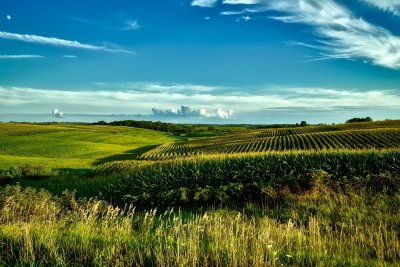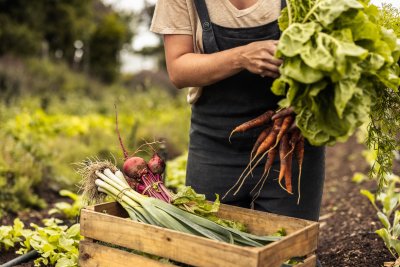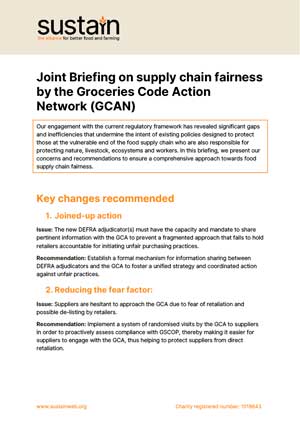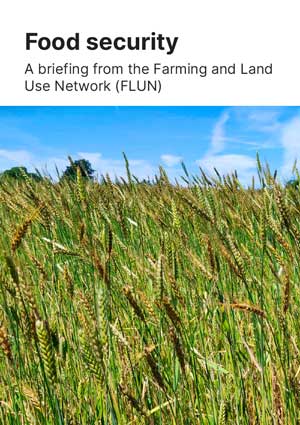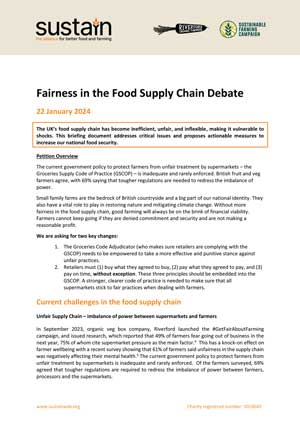 South Somerset, UK. Copyright: Phil Kieran | shutterstock
South Somerset, UK. Copyright: Phil Kieran | shutterstock
The agricultural transition
Farming policy should be based on supporting the sector towards a sustainable and resilient future. We believe this must include incentivising agroecological farming and high animal welfare outcomes.
The role of agroecology in Environmental Land Management
How should schemes be designed?
- Accessible to all farm types and sizes.
- Based on supporting a transition to agroecological farming.
- Deliver climate and nature outcomes at the farm and landscape levels.
- Econmically viable and rewarding for farmers and land managers.
- Provide independent and good-quality advice.
Sustain is working with our members to help secure ambitious agri-environment policy that underpins the values and principles of the sector now and in the future.
We have set out a vision for how policy can support a resilient and agroecological farming sector - Beyond 2024: A new horizon for UK farming.
- Align farming policy with delivering a transition to agroecology in England.
- Offer a coherent and joined up 'farming offer'.
- Deliver a policy programme to support growth of better food trading.
- Better regulate the supermarket chain to ensure fairness.
- Integrate environment, animal welfare, and food safety standards in trade.
Download our vision for farming - Beyond 2024.
Sustainable Farming Campaign: Sustain encourages integration of sustainable food and farming into local, regional and national government policies.
Sustain
The Green House
244-254 Cambridge Heath Road
London E2 9DA
020 3559 6777
sustain@sustainweb.org
Sustain advocates food and agriculture policies and practices that enhance the health and welfare of people and animals, improve the working and living environment, promote equity and enrich society and culture.
© Sustain 2024
Registered charity (no. 1018643)
Data privacy & cookies

